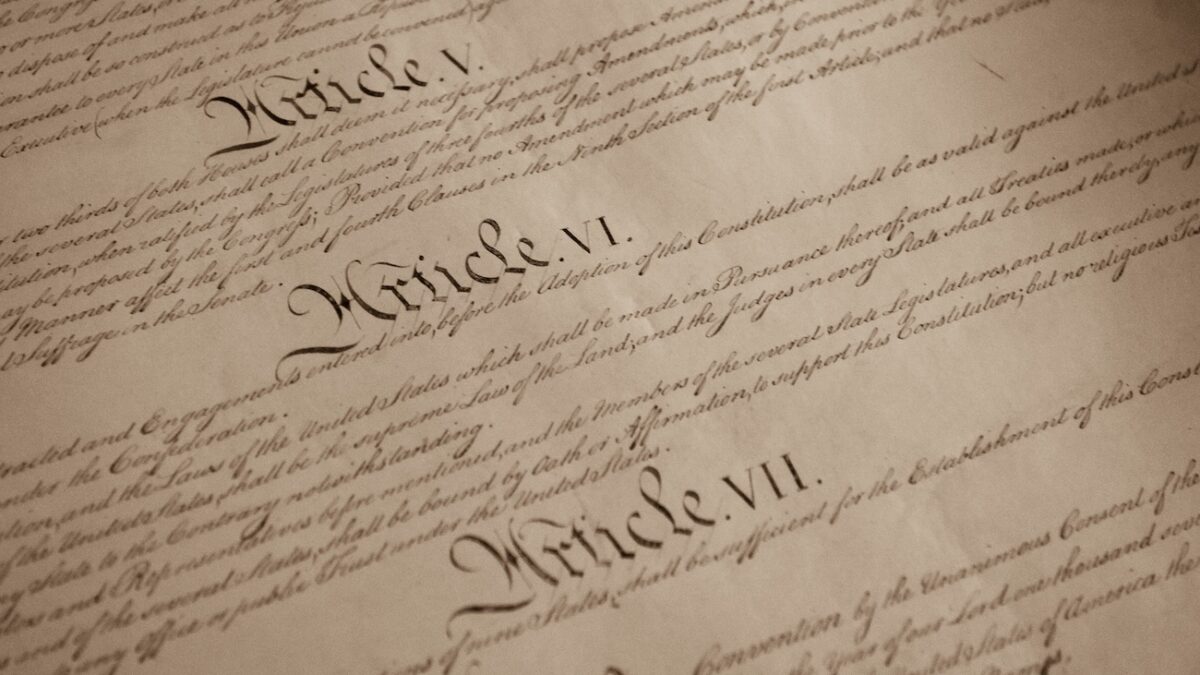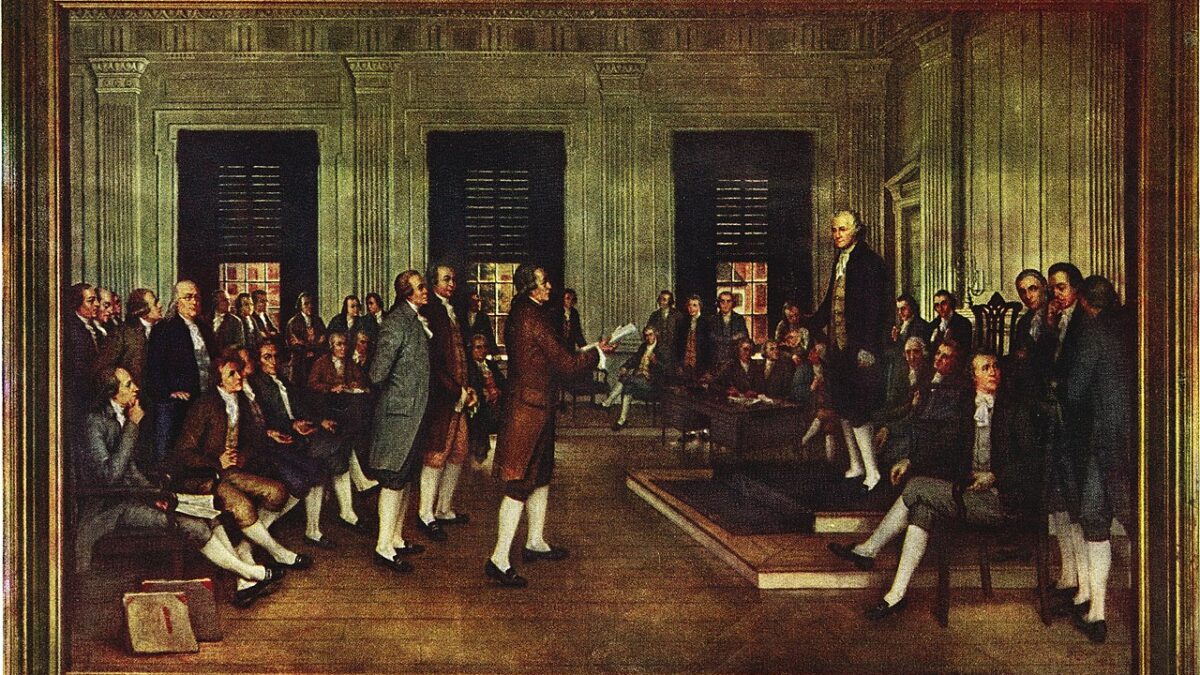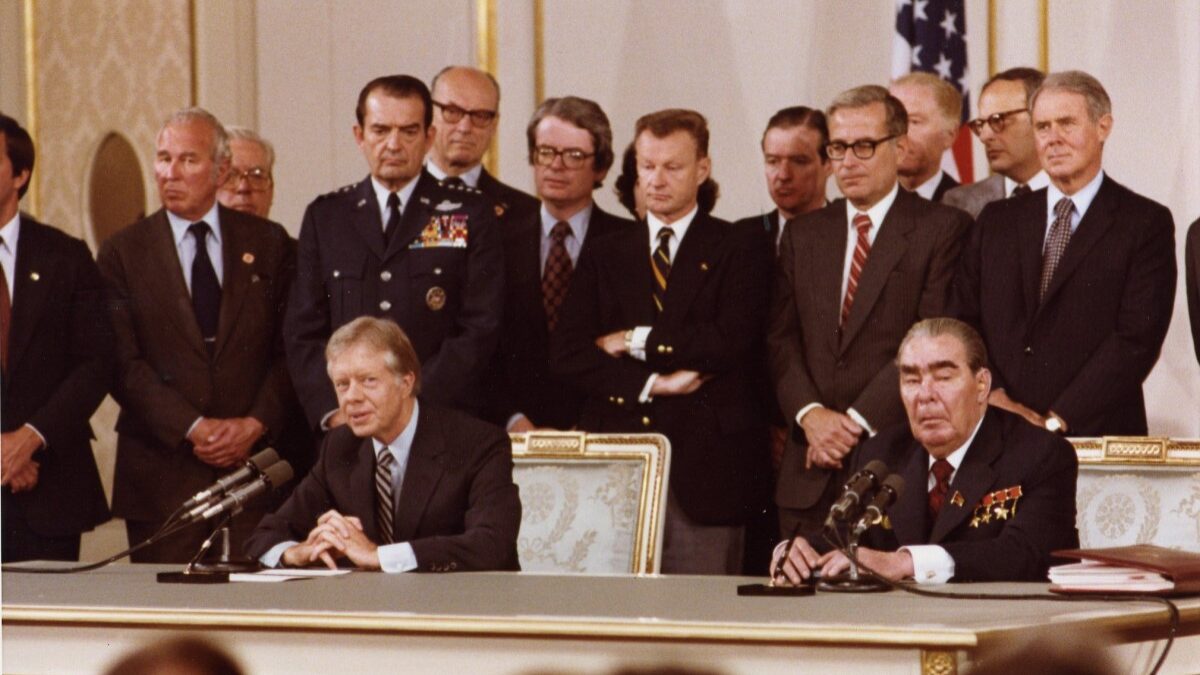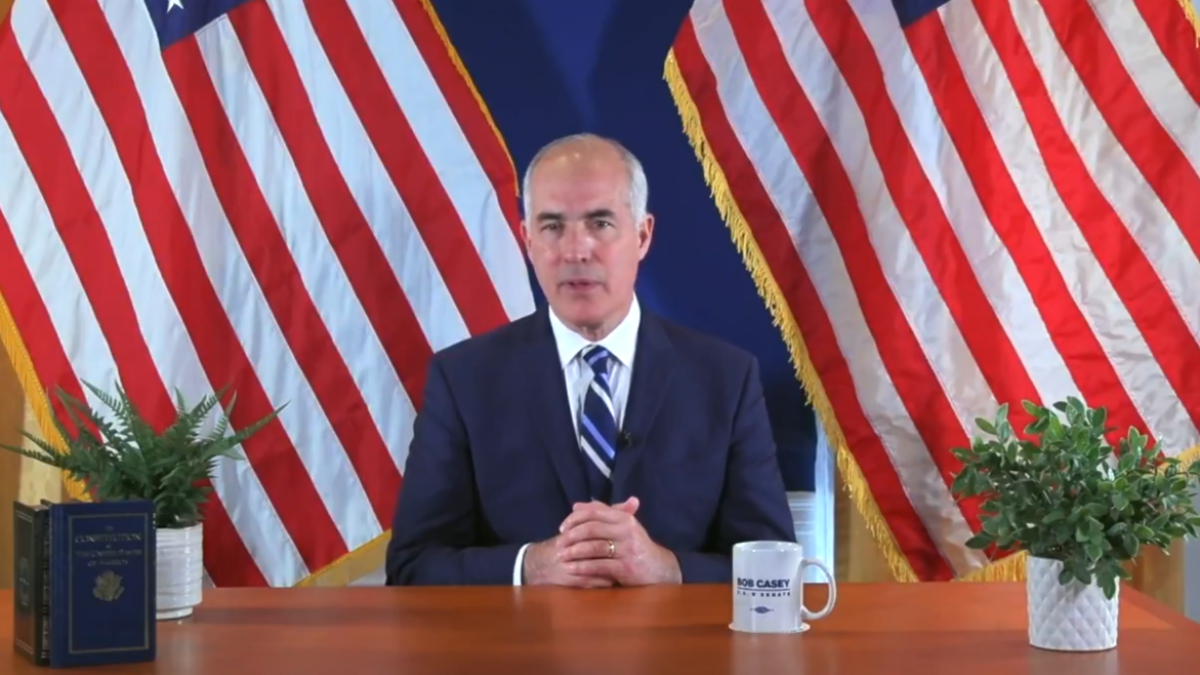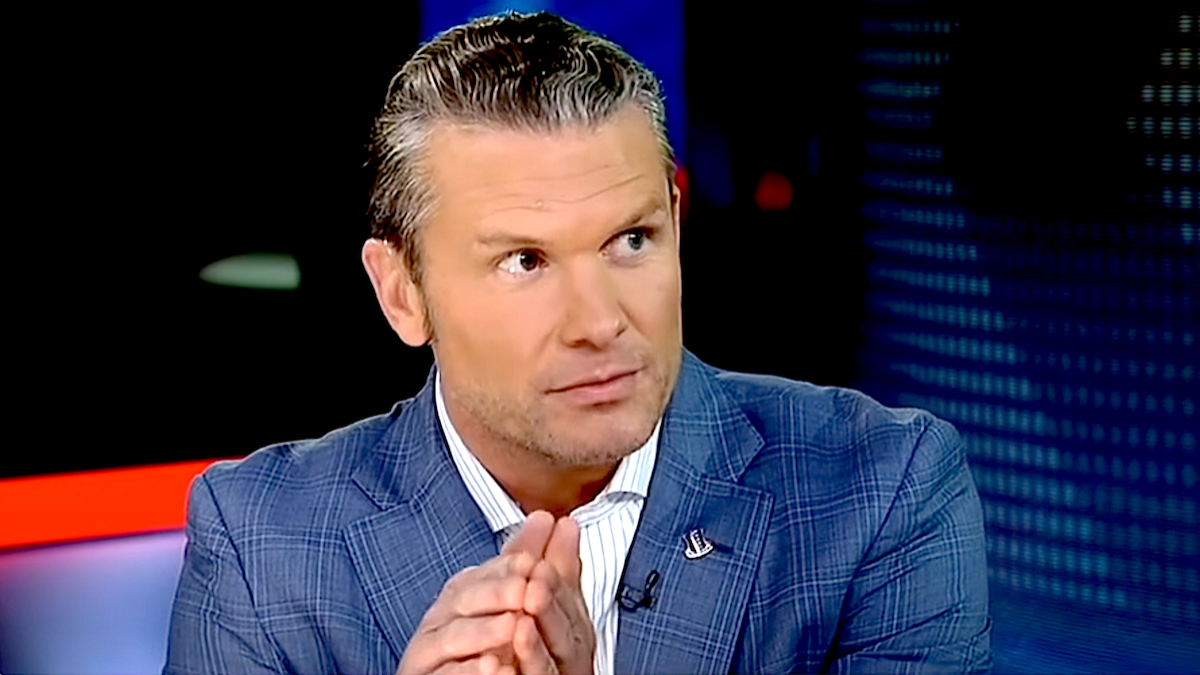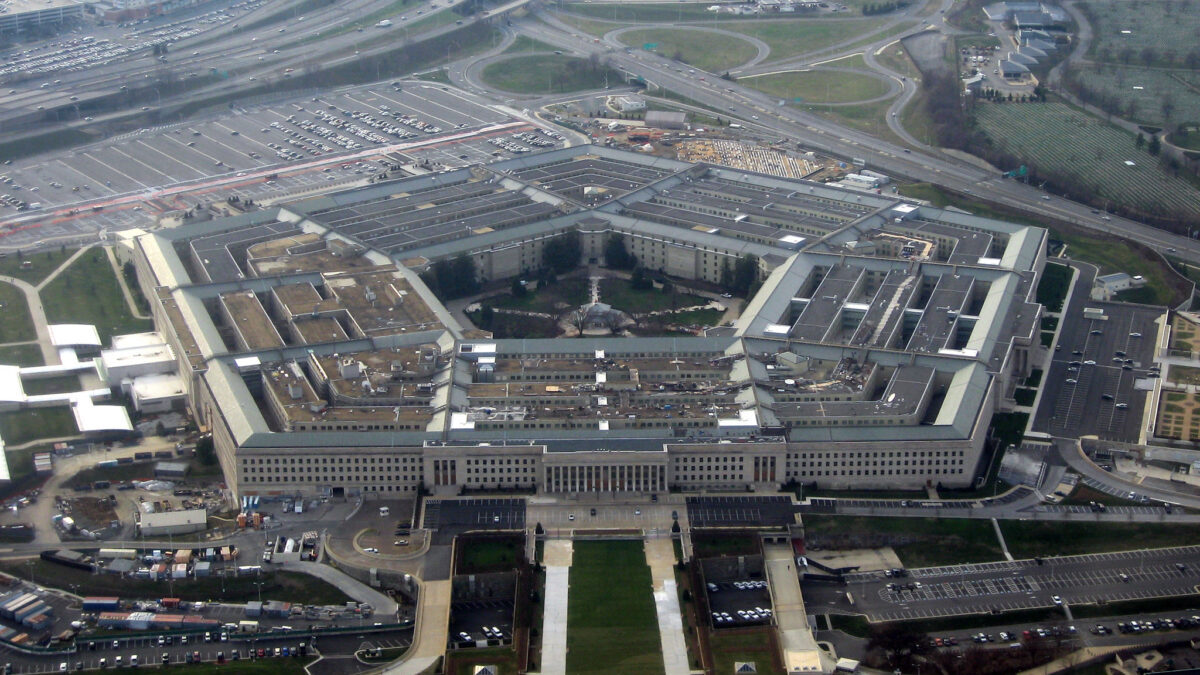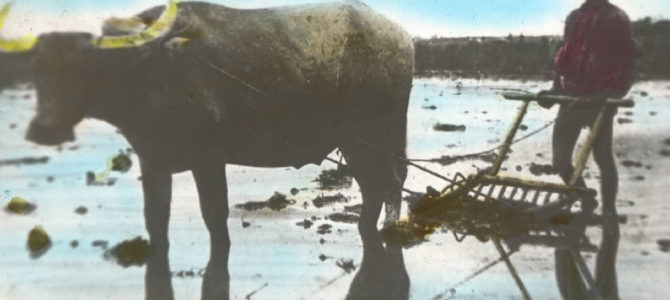
President Juan Manuel Santos recently announced Colombia will implement “land reform,” which many socialist countries have tried, bringing nothing but misery to ordinary people. The more I read about it, the more I can’t help thinking of my great-grandfather, whose life was turned upside down when China implemented similar “land reform” in the 1950s.
My great-grandfather was born in 1900 in a village in Shandong Province on the east coast of China. He was a wheat farmer. Being a farmer in the 1900s in China was a tough way of making a living. Then farming was mostly done by hand.
My great-grandfather sweated on every inch of the land near where his ancestors were buried. Because of his hard work, he was able to accumulate some land in addition to what he had inherited. He expected that someday he would be buried near his ancestors, while his children and grandchildren continued to plow his land. Land to a Chinese farmer is more important than life itself.
China Stole My Grandfather’s Life’s Work
When the Chinese Communist Party took over China in 1949, it immediately pushed for “land reform.” Work teams of Communist Party members were sent to villages to assign each villager to one of the five classes: landlord, rich peasant, middle peasant, poor peasant, and laborer. Most landlords and rich farmers were rounded up and either executed or sent to labor camps. Local governments confiscated their belongings, such as cattle and land, and redistributed them to landless and impoverished farmers.
About half the households in the village, including my great-grandfather, belonged to the Zhou clan. The clan members spared my great-grandfather’s life and didn’t send him to a labor camp. Yet they didn’t hesitate to take his land, cattle, and even farming tools. He turned from a rich farmer into a poor farmer overnight. A once closely knit village became a place where a class system was clearly defined with new distributions of haves and have-nots.
By the end of 1951, more than 10 million former landowners’ properties had been expropriated and more than 700 million mu of land (115 million acres) and various means of production were redistributed among 300 million formerly landless farmers. About one to two million landowners and their family members were killed during “land reform.”
The poor farmers didn’t get the long end of the stick, either. In 1953, the Chinese government announced agricultural collectivization that gradually clawed into state ownership the land it had handed out to poor farmers. By 1958, there was no private land ownership. Private farming was prohibited, and anyone who engaged in it was labeled a counterrevolutionary and persecuted. Farmers were required to sell their produce to the government, and no private sales were allowed. Farmers had a rude awakening when they realized that what government gives, the government can take it away.
The same year Chinese farmers lost their private property rights was also the beginning of a three-year Chinese famine (1959-1961). During it, an estimated 30 to 60 million Chinese people perished. My great-grandfather was lucky. He survived the famine, even though many of his family members and relatives didn’t.
How My Great-Grandfather Showed Love
The first time I met my great-grandfather, he was already in his 80s, and I was only eight. I can only imagine now that these losses must have brought him endless sorrow, but in my memory, he never showed any despair. He always walked tall and with dignity.
He never talked much about love, but he showed his love and affection with actions. Every morning, my grandma would make steamed buns for breakfast. Most of the buns were brown because they were made out of what today I would call “whole wheat.” (“Whole” meaning all of the grain was used; nothing was lost in the process of making the flour.)
In the bamboo steamer there were always two white buns. They were made from refined flour and specially prepared for my great-grandfather, because these were easier to chew for an old man like him. But we all knew white buns also tasted so much better than brown ones. I couldn’t help asking my grandma once, “Why can’t we all eat white buns?” She answered only by gently stroking my hair while trying to hold her tears back.
Later, my cousin told me that refined flour was much more expensive than whole wheat flour. Only great-grandfather could enjoy this special treatment, because he was old. But apparently, great-grandfather didn’t enjoy being treated differently. He always waited until grandma turned around before sneaking the white buns to my cousin and me. I couldn’t understand at my young age why wheat farmers couldn’t afford to eat the refined flour they had produced.
What Government Gives, It Can Take Away
My great-grandfather never stopped farming, even though he didn’t hold any deed to claim the land that had been originally his. He continued to give it all he had. He went to the field every day until he passed away. His final wish was to be buried with his ancestors.
But after the communists took over China, people were not allowed to bury family members in their ancestral graves anymore because all lands belonged to the people—which meant they really belonged to the government. Family burial plots were considered a bad, feudalistic practice. Instead, the village designated a public burial place far from our village. Our ancestral grave plot had been turned into farmland and could no longer be located, so my great-grandfather’s final wish was never granted.
My mom often says that I’m as stubborn as my great-grandfather. I can’t dispute it. After all, his blood runs through my veins. I want to commemorate him by sharing his life story to the rest of the world with my sincere hope that history will not repeat itself.



